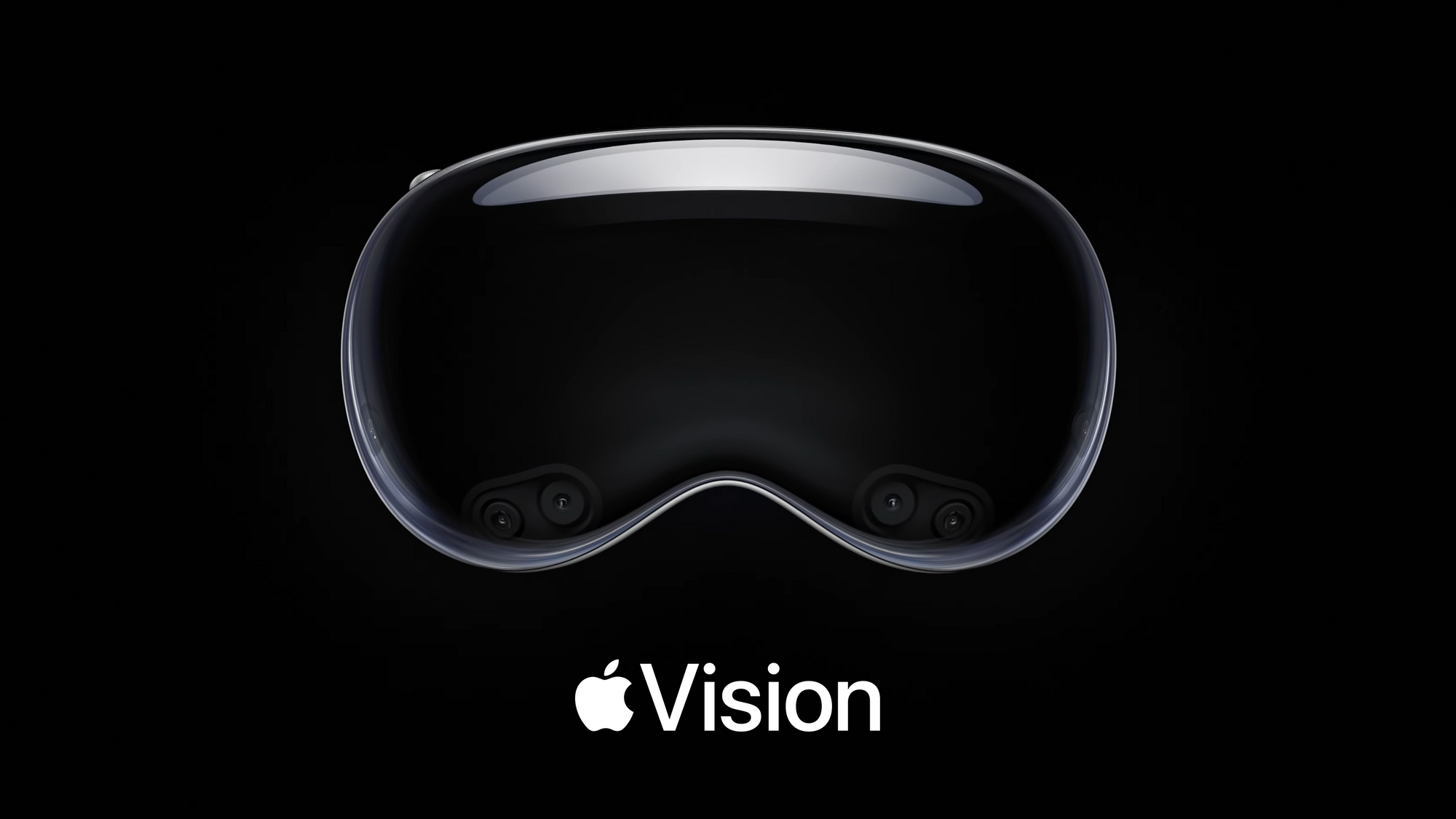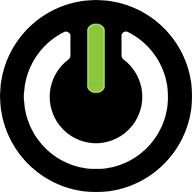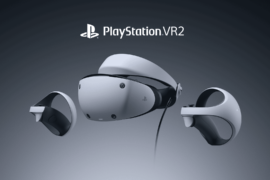Vision Pro 2 is set for late 2026 and Apple is struggling to make a cheaper headset first, Bloomberg’s Mark Gurman reports.
Gurman has a strong track record of reporting on Apple’s future plans. He reliably reported many details of Vision Pro before it was officially revealed or even acknowledged to exist by Apple.
In his latest newsletter, Gurman writes that Apple’s roadmap “doesn’t currently call for a second-generation model until the end of 2026, though the company is trying to figure out a way to bring a cheaper version to market before then”.
But regarding that cheaper version, he claims Apple is “still flummoxed by how exactly to bring down the cost”.
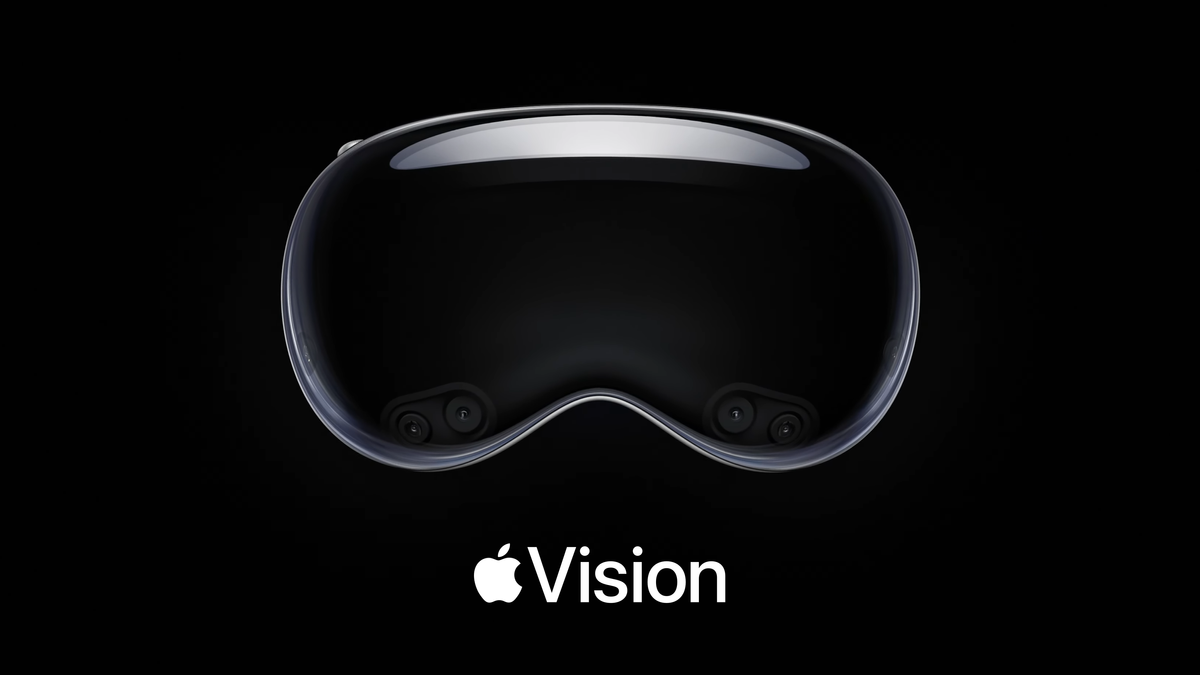
Supply chain analyst Ming-Chi Kuo first reported that Apple was working on a cheaper headset a full year before Vision Pro was even revealed, with Kuo at the time saying Apple aimed to launch it in 2025.
Last year Gurman too reported on the existence of this cheaper headset, saying it will feature an A-series chipset (used in iPhones) instead of an M-series chipset and “likely” drop the EyeSight front display. The A17 Pro in the iPhone 15 Pro models has a GPU with 6 cores that’s roughly 60% as powerful as the M2’s GPU, so it seems reasonable an A18 Pro or A19 Pro might close the gap.
In that same report last year, Gurman said Apple “discussed prices ranging from $1500 to $2500”. That he now says Apple is “flummoxed” by how to bring the price down suggests either these downgrades won’t be sufficient to meet that price range, or Apple simply doesn’t want to sacrifice features like EyeSight in any headset.
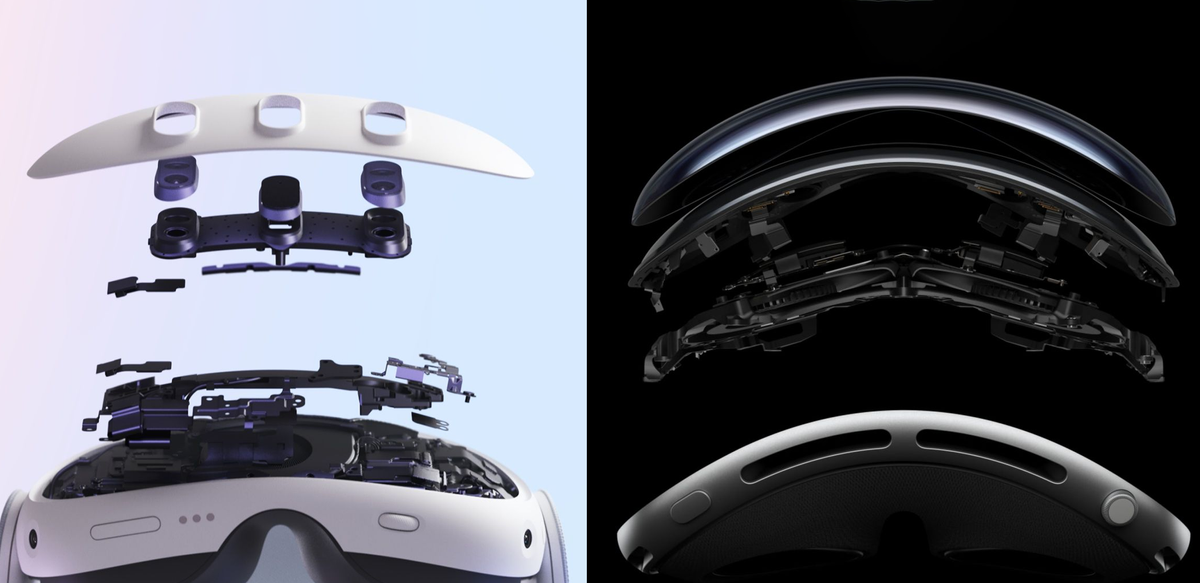
The largest cost by far in Vision Pro is its near-4K micro-OLED displays from Sony. Estimates place the cost to Apple at $350 each, meaning $700 per headset. Using small LCD displays would significantly reduce cost, but would result in inferior contrast and necessitate either significantly reduced resolution or a much bulkier design, so it’s extremely unlikely Apple would take this path.
The real path to a much cheaper Vision headset relies on the price of high resolution micro-OLED displays falling over time.
Micro-OLED are manufactured directly onto silicon wafers with a process very different to regular OLED. While the technology itself isn’t new, it was mainly only used in low volume products like high-end camera viewfinders and in some industrial smart glasses, and not at this kind of resolution. Mass production of micro-OLED of this resolution only just came online this year. Sony is reportedly Apple’s sole supplier, but can only produce enough for 500,000 headsets this year.
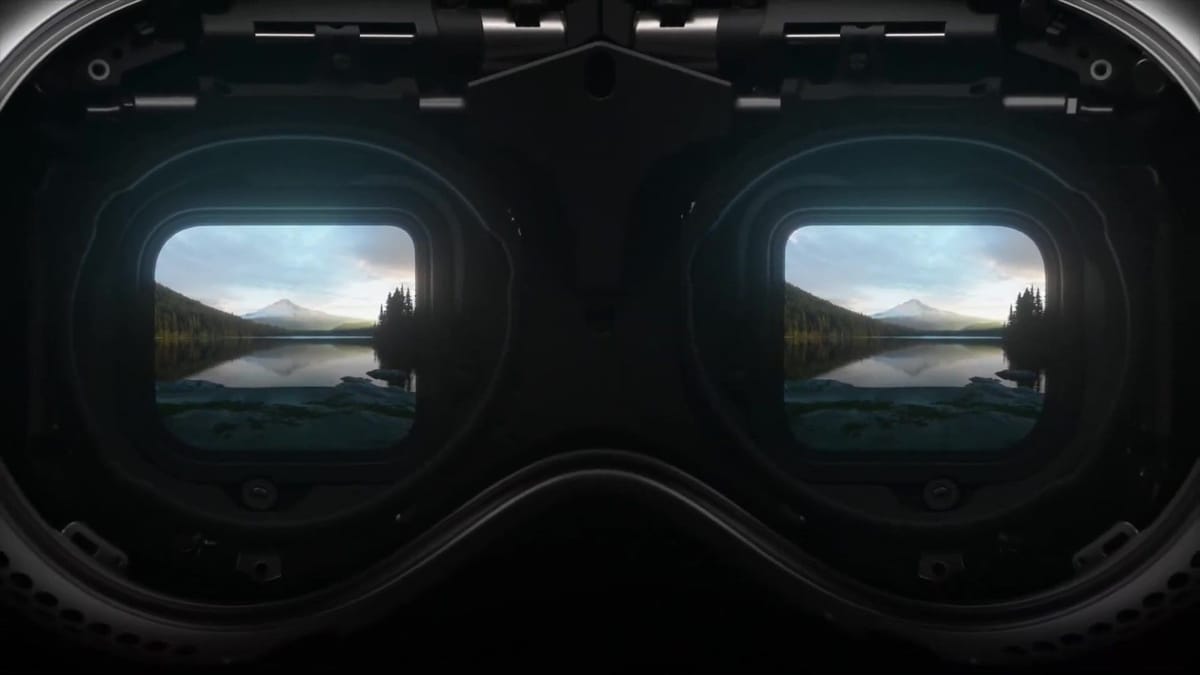
Last year The Information’s Wayne Ma reported that Apple was testing micro-OLED microdisplays from two additional suppliers, both Chinese, BOE and SeeYa Technology. If the samples meet Apple’s standards, Ma wrote, displays from these companies could be used in both Vision Pro 2 and the cheaper headset.
Apple bringing in new suppliers could enable much larger production volumes than the current Vision Pro, and thus more affordable Vision headset prices. But micro-OLED displays are extremely difficult to manufacture at high yield, so it’s still unclear exactly which companies can manage to supply them at scale while meeting the quality standards companies like Apple expect. Difficulties with BOE and SeeYa samples be contributing to Apple’s struggle to bring a more affordable Vision headset to market.
